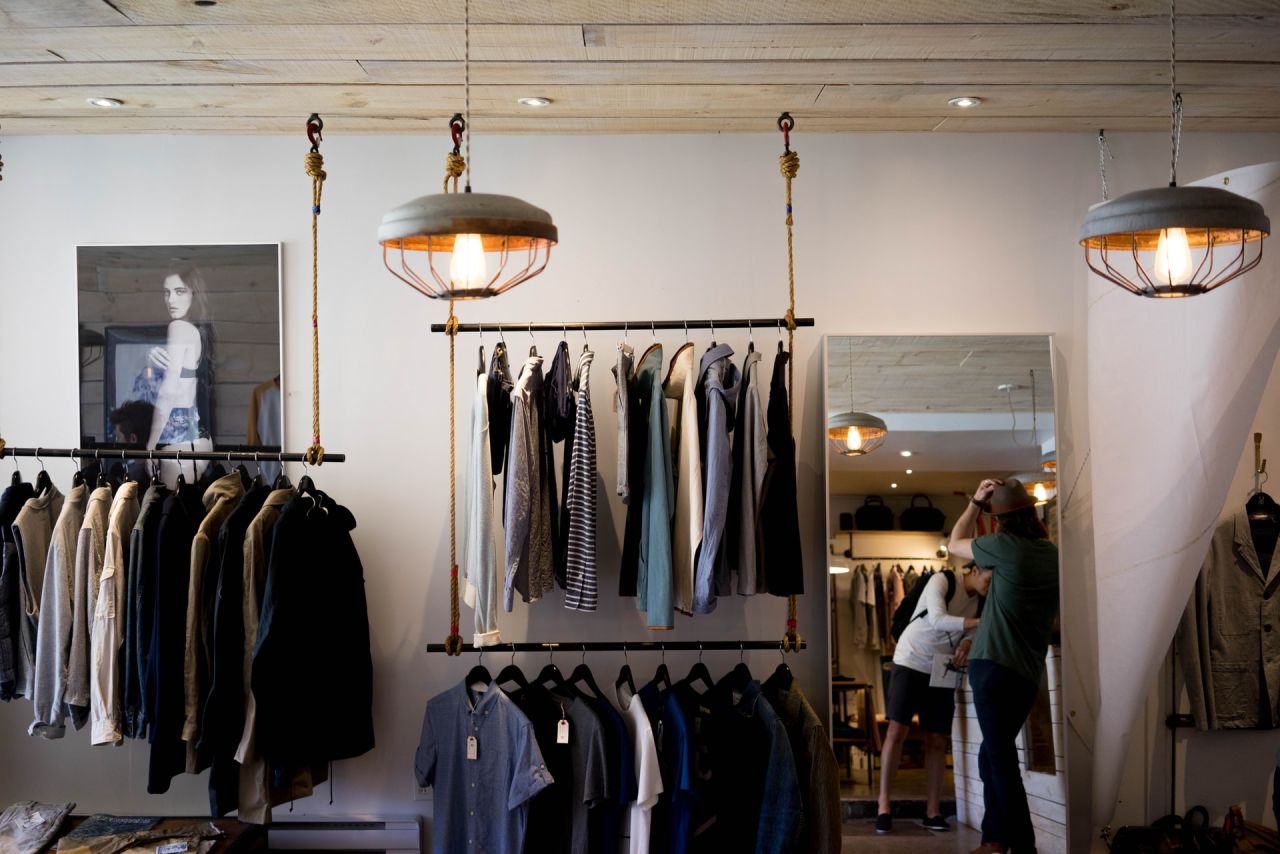Lease gym equipment
Starting a new gym can be expensive, and equipment is one of the biggest costs. If you'd rather not make a big purchase, leasing gym equipment might be a good way to get the kit you need without putting a strain on your cashflow.

Commercial gym equipment lease UK
Starting a new gym can be expensive, and equipment is one of the biggest costs. If you'd rather not make a big purchase, leasing gym equipment might be a good way to get the kit you need without putting a strain on your cashflow.
Leasing gym equipment vs buying
There are two main types of gym equipment finance: equipment leasing and hire purchase. Leasing is essentially a long-term rental agreement, while hire purchase means buying something by paying in instalments.
Leasing tends to be more popular for gyms, because it means you can regularly upgrade the machines in your gym and you don't need to worry about maintenance and servicing, which is usually included.
Gym equipment like weights racks, treadmills, elipticals and rowing machines live a hard life, and are subjected to a lot of wear and tear — so many gyms choose to rent these items rather than tie up their own money in owning them.
Fitness business loan, for equipment and gym fit-outs
More generally, many gyms look to use a business loan as a way to cover equipment costs and other expenses involved in setting up a new gym or expanding existing premises.
For example, our customer Max Jenkins used a flexible business loan for his new business Body Sculpt Conditioning — he wanted to purchase some equipment but also wanted some working capital available for other business expenses.
In this situation, a business loan might be a better option because it means you have some flexibility in terms of what you can use the finance for, rather than only using finance for gym equipment specifically.
Funding Options is a part of Tide. If you proceed, you’ll be redirected to Tide.
This quote won't affect your credit score
Get access to 120+ lenders
Lease gym equipment
Starting a new gym can be expensive, and equipment is one of the biggest costs. If you'd rather not make a big purchase, leasing gym equipment might be a good way to get the kit you need without putting a strain on your cashflow.
Funding Options is a part of Tide. If you proceed, you’ll be redirected to Tide.
This quote won't affect your credit score
Get access to 120+ lenders
Commercial gym equipment lease UK
Starting a new gym can be expensive, and equipment is one of the biggest costs. If you'd rather not make a big purchase, leasing gym equipment might be a good way to get the kit you need without putting a strain on your cashflow.
Leasing gym equipment vs buying
There are two main types of gym equipment finance: equipment leasing and hire purchase. Leasing is essentially a long-term rental agreement, while hire purchase means buying something by paying in instalments.
Leasing tends to be more popular for gyms, because it means you can regularly upgrade the machines in your gym and you don't need to worry about maintenance and servicing, which is usually included.
Gym equipment like weights racks, treadmills, elipticals and rowing machines live a hard life, and are subjected to a lot of wear and tear — so many gyms choose to rent these items rather than tie up their own money in owning them.
Fitness business loan, for equipment and gym fit-outs
More generally, many gyms look to use a business loan as a way to cover equipment costs and other expenses involved in setting up a new gym or expanding existing premises.
For example, our customer Max Jenkins used a flexible business loan for his new business Body Sculpt Conditioning — he wanted to purchase some equipment but also wanted some working capital available for other business expenses.
In this situation, a business loan might be a better option because it means you have some flexibility in terms of what you can use the finance for, rather than only using finance for gym equipment specifically.
